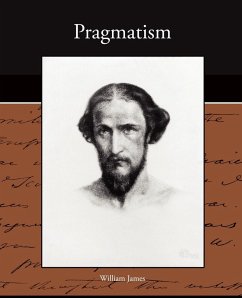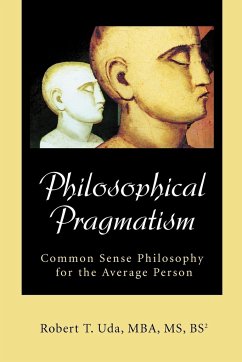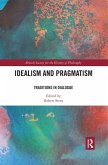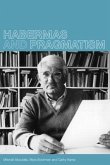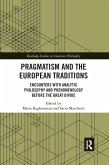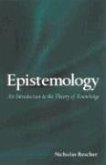William James (1842 Ä 1910) was an American psychologist and philosopher. James is best-known for his development of the American philosophy of pragmatism and for his pioneering work in psychology. Topics of his books included psychology, religious psychology, educational psychology, mysticism, and pragmatism. James played a major role is the transition from 19th century European philosophy to American philosophy. Radical pluralism, as James explained it, constituted a metaphysical position -- one describing the nature of reality -- rather than a method. From the original back cover, " Marked by a rare combination of penetrating thought and virtuoso style, the writings of William James [the author] represent one of America's most original contributions to the history of ideas. Ranging from philosophy and psychology to religion and politics, [he] composed the most engaging formulation of American pragmatism. This collection presents Pragmatism in its entirety, James's seminal set of lectures in which he argues in his witty and limpid style for the "reasonableness of ordinary experience."
Hinweis: Dieser Artikel kann nur an eine deutsche Lieferadresse ausgeliefert werden.
Hinweis: Dieser Artikel kann nur an eine deutsche Lieferadresse ausgeliefert werden.

